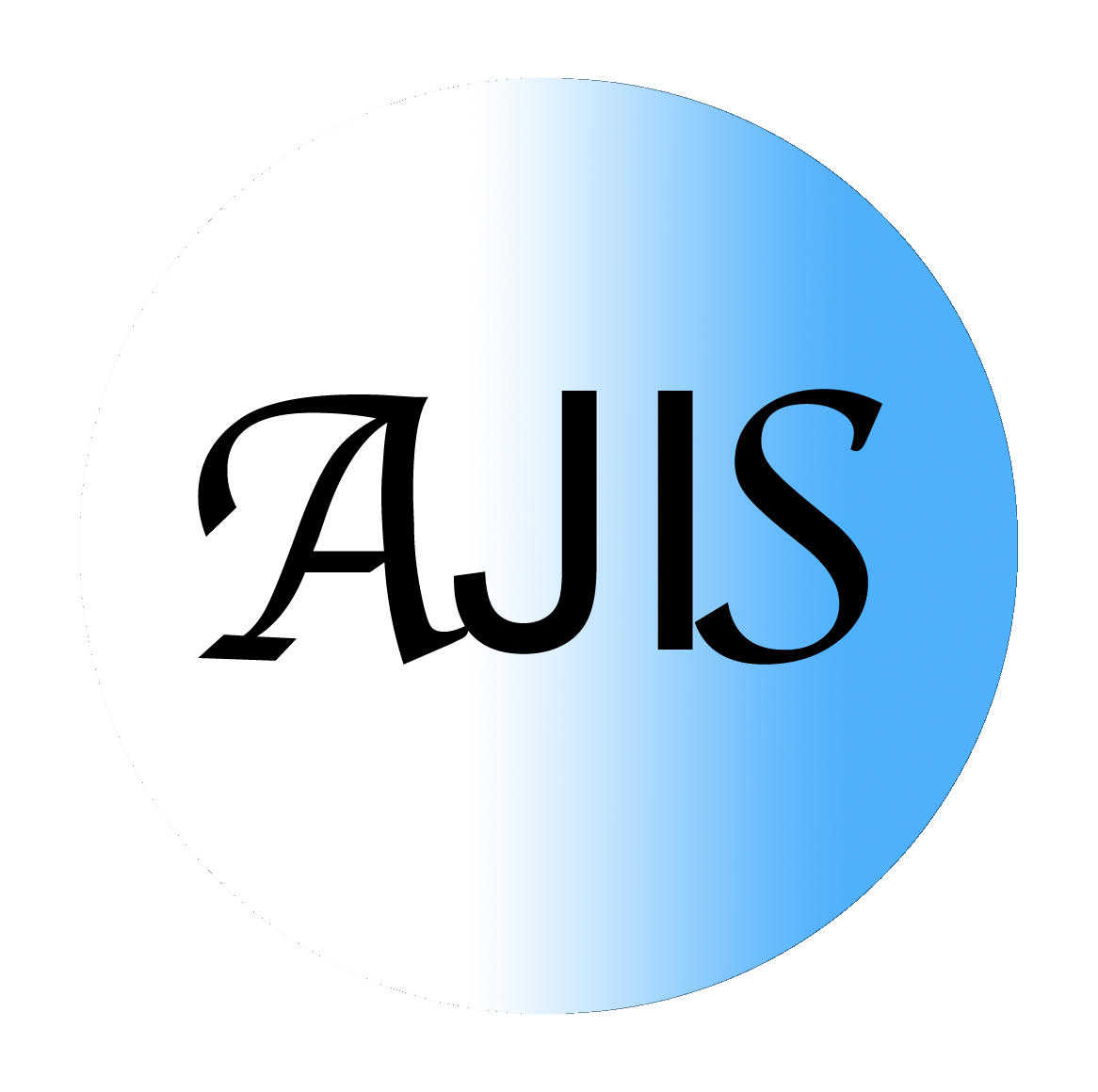
- Hindi
- Urdu
- Farsi



1. Dr Raza Saleh
Area of Interest: Islamic Studies, Theology, Tafsir, Fiqh
2. Prof. Dr. A.R. Kidwai
Area of Interest : Quranic Studies, English Literature
3. Prof. Dr. Sudhir Arya
Area of Interest : Vedanta , Hinduism
4. Prof. Hira Paul Gangnegi
Area of Interest: Buddhist Studies
5. Dr. Mahmud Taghizade
Area of Interest: Theology, West Asia, South Asia,
6. Prof. Dr Saud Alam Qasmi
Area of Interest: Theology, Quranic Studies and Arabic
7. Prof. Dr. Azizuddin Husain
Area of Interest: History and Culture
8. Prof. Dr. Akbar Husain
Area of Interest : Social Sciences, Psychology
9. Prof. Dr. Santosh Kumar Shukla
Area of Interest: Sanskrit, Hindu Philosophy and Religion
10. Dr. Mahmood Vaezi
Area of Interest: Theology, West Asian Studies and Islamic Philosophy
11.Prof. S. Kafeel Ahmad Qasmi
Area of Interest: Arabic Lit, Modern Arabic Lit. & Indo Arabic Lit.
12. Prof. Dr. Abdul Mateen
Area of Interest: Sociology, Social Sciences
13. Prof. Obaidullah Fahad
Area of Interest:Muslim Political Thought, Quranic studies,Modern Islamic Movements
14.Prof. Mohammad Gulrez
Area of Interest:West Asian Studies And North African Studies
15.Prof. M. Slahuddin UmariI
Area of Interest:Modern Arabic Literature, Prose, Criticism and translation
17. Prof. Iraq Raza Zaidi
Area of Interest: Persian Studies, History
18. Prof. Latif Husain Kazmi
Area of Interest: Philosophy, Kalam, Mysticism
19. Prof Arif Nazeer
Area of Interest: Hindi, Hindu Studies, Interfaith Studies
Peer Review Ethics and Policy
Peer review is fundamental to the scientific publication process and the dissemination of knowledge and information. We at Aligarh Journal of Interfaith Studies (AJIS), aspire to select research paper/articles, through highest quality peer review. To achieve this, the entire peer review and publication process must be objective, and fair. Almost every aspect of this process involves important ethical principles and decisions, which are seldom explicitly stated and even less often shared with the readership. Journal's prestige and reputation depend on the trust of readers, scholars, authors, reviewers, editors, research subject, funding agencies, and administrators. This trust is enhanced by describing as explicitly as possible, the journal's policies to ensure the ethical treatment of all participants in the publication process. We have following Peer Review Guidelines.
Guidelines for the Reviewers
Reviews will be expected to be professional, honest, courteous, prompt, and constructive.
Reviews should be conducted objectively. Personal criticism of the author is inappropriate. Referees should express their views clearly with supporting arguments.
Reviewers should not consider manuscripts in which they have conflicts of interest resulting from competitive, collaborative, or other relationships or connections with any of the authors, companies, or institutions connected to the papers
The submitted manuscript is a privileged communication; reviewers must treat it is confidential. It should not be retained or copied.
Any manuscripts received for review must be treated as confidential documents. They must not be shown to or discussed with others except as authorized arguments.
Privileged information or ideas obtained through peer review must be kept confidential and not used for personal advantage
The reviewers must not share the manuscript with any colleagues without the explicit permission of the editor.
Peer reviewers will be experts in the specific topic addressed in the articles they review, and they will be selected for their objectivity and scientific knowledge.
All reviewers will be informed of the publication's expectations
The editors may routinely assess all reviews for quality; they may also edit reviews before sending them to authors.